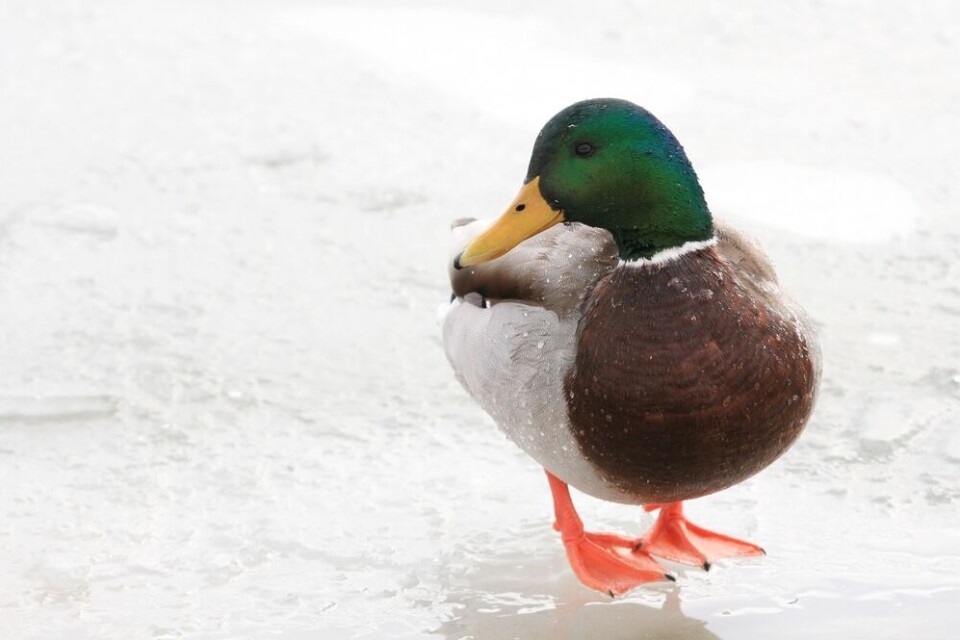-
From English teacher to TikTok star in France: 'The way to help students learn is to believe in them'
Toulouse-based Monsieur Prof's educational videos on learning English are a social media sensation
-
Learning French: what does fastoche mean and when should it be used?
Plus, can you guess the meaning behind more simple slang terms ending in -oche
-
Learning French: when and why do we say montrer patte blanche?
A French fairytale phrase for trustworthiness
Duck Cold! Four French phrases to use when it is freezing outside
France's current cold spell is set to continue for the next few days - we remind you of French expressions to use to describe the drop in temperature

France is facing a cold snap at the moment, with national average temperatures around 5C colder than usual averages.
Read more: Temperatures to drop as low as -10C: French weather outlook January 13 - 17
Below are four useful expressions to use when describing the weather (a pastime common in France just as in the UK) to help you sound like a native speaker.
1: Il fait un froid de canard
One common expression is il fait un froid de canard (it is duck cold).
This phrase refers to duck hunting, which takes place around late autumn or early winter, during the migration period when hunters have to stay still in the cold weather waiting for their prey to come close.
Some say the expression may be inspired by very cold days when lakes and ponds are frozen over, meaning ducks are more exposed and vulnerable, or by the chilly moments at dawn or dusk when the birds are landing on or taking off from a lake and an easy target.
2: Un temps de chien
Horrible weather (both wet and cold), is referred to as un temps de chien (dog weather) – not very polite about man’s best friend! Our ancestors’ poor opinion of dogs is also reflected by the expression il fait un temps à ne pas laisser un chien dehors (it’s weather you wouldn’t [even] leave a dog out in).
Relating to a similar animal, a slightly less common expression for bitter cold is faire un froid de loup (to be wolf cold) which, in areas like Franche-Comté, referred to weather when there was a danger that wolves would come out of hiding in search of food – and farmers needed to be wary for their livestock.
3: ça caille!
On such a day you may remark ça caille! This comes from cailler, meaning to curdle (ie: it is so cold your blood is starting to thicken in lumps…), not la caille – the quail.
4: Trempé comme une soupe
If you go out in dog weather you will probably end up trempé comme une soupe – literally, soaked as a soup. It sounds rather obvious that soup is wet – but this is said to go back to the medieval meaning of soupe, which was originally a slice of bread soaked in broth, not the liquid itself.
Less cool alternatives: frais, froid, or frisquet
And finally, remember if you want to say the weather is cool, the word is frais (fresh) – which is that bit less bitter than froid. A relaxed alternative, meaning ‘a little bit chilly’, is frisquet.
























